From studying law to working in one of the world’s best restaurants, Chua Tor Aik isn’t looking back.
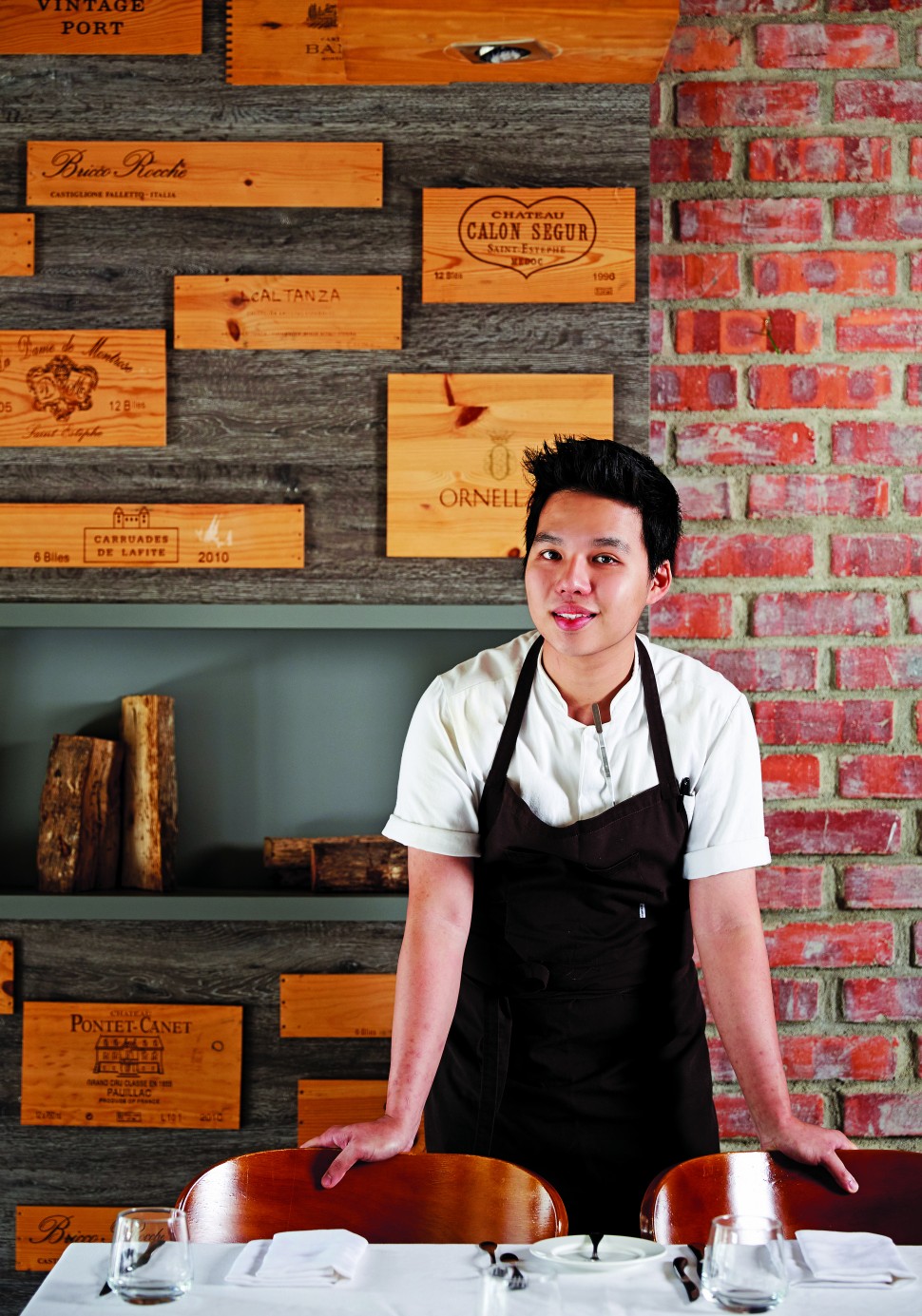
When Chua Tor Aik opens his own restaurant one day, he plans to serve cuisine influenced by different times in his life, succinctly summing up his experiences in training as a chef: Cuisine prepared using French technique, based on Nordic food philosophy, with Malaysian flavours.
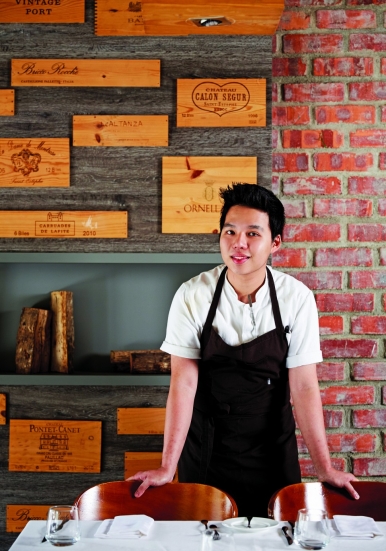
A former law student in Malaysia’s Penang state who felt that the legal world wasn’t his true calling, Chua decided to explore his options by getting a job rather than spending money on education somewhat aimlessly. As there were many vacancies for chefs at restaurants, he decided to join the culinary field. From there, his passion grew, and he enrolled at the Malaysian branch of Le Cordon Bleu, the internationally renowned school of culinary arts and hospitality.
Following his graduation, Chua worked at a French bistro in Kuala Lumpur, and then, through the Chefs Association of Malaysia, joined the Malaysian team to compete at international culinary competitions. At the Food and Hotel Asia Culinary Challenge in 2014, the team won a few medals, but Chua felt that wasn’t good enough.
He had met competitors from other countries, including from Sweden and New Zealand, and noticed that the Malaysian team was not as widely exposed as these chefs. Chua observed that the Europeans had worked at Michelin-starred restaurants and were willing to travel to gain experience. Chua decided to look up the search term “World’s Best Restaurant” on the Internet, and Noma came out. He chose to go all-out in his pursuit of becoming a better chef, and applied for an internship at the Copenhagen-based restaurant, named the World’s Best Restaurant by Britain’s Restaurant magazine in 2010, 2011, 2012 and 2014.
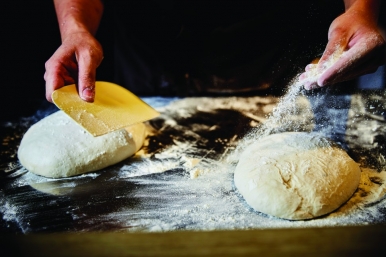
Chua interned at the acclaimed Danish restaurant for about four months – his first time working abroad. It wasn’t easy; challenges, including the colder climate and language barriers, were aplenty, but Chua wasn’t letting it hinder him. “My purpose was to be a better chef, so I worked really hard,” he says. His hard work and determination paid off when he was offered a permanent job there – one of only two out of the seventeen interns from around the world who were training alongside him.
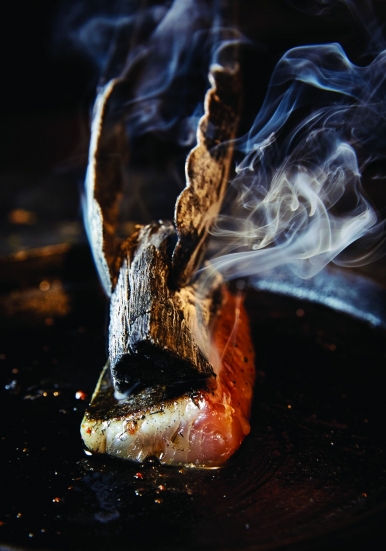
Then things started to get really challenging. Chua soon found out there was a big difference between being an intern and a chef at Noma. “It was a harsh training ground,” he admits, adding that he was better treated as an intern. “But I learnt a lot and it made me stronger.” It was also an exciting experience since Noma was attracting patrons such as members of rock band Metallica and celebrity chefs such as Jamie Oliver, with seats fully booked out three months in advance.
“I celebrated my birthday there, and it was the best meal of my life,” says Chua, adding that it was a “touching” meal. Asked to describe what he meant by a “touching” meal, he says, “It was a standard 14-course meal but (my) colleagues treated (me) better and even gave (me) a surprise,” he shares. Chua values his time at Noma, saying the legendary venue “is not just a restaurant. It is too good to be called a restaurant. It is an experience.”
When Noma owner and head chef Rene Redzepi decided to put the restaurant on hiatus in 2016, Chua headed home to work on projects as a consultant chef. He is looking forward to rejoining the restaurant when it reopens at a new location in Copenhagen.
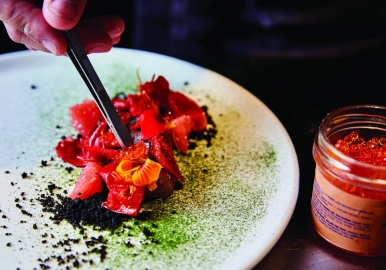
Chua is now the head chef at fine-dining establishment Stoked in the affluent Kuala Lumpur neighbourhood of Damansara Heights, serving up new experiences to diners based on what he learned as chef de partie at Noma. He is putting the Nordic philosophy he learned – how to respect produce and use ingredients that leave the least negative effect on carbon footprint – into his cooking, utilising local ingredients presented in new ways.
“I want to get local chefs to try out new stuff,” says Chua. “I want them to support local farmers offering artisanal and organic produce, or farmers who are growing hard-to-find produce – vegetables and herbs from Cameron Highlands and Janda Baik, for example.” Using more local produce would also help balance the cost and finances, he adds.
One of his elements is the use of fermentation techniques, an aspect of cooking that was important at Noma. “Fermentation brings a different taste to the dish, the easiest example being soy sauce, which is made from fermented soy beans,” explains Chua. “We had on-the-job training, learning about fermentation. There was a fermentation chef, a fermentation lab with seven chambers, and we would really explore fermentation with beef, ants, crickets, and we’ve probably only experimented with less than one percent of the ingredients found in the entire world,” says Chua.
Another feature that Chua works with at Stoked is the Bertha oven – a wood-fire oven much like the more well-known Josper, but which reputedly imparts a stronger smokiness to the food grilled in it, perhaps due to its size and build. “The details seem minute, but it gives a real difference to the food,” claims Chua. It elevates one’s culinary experience, and the dishes Chua serves attest to that.





